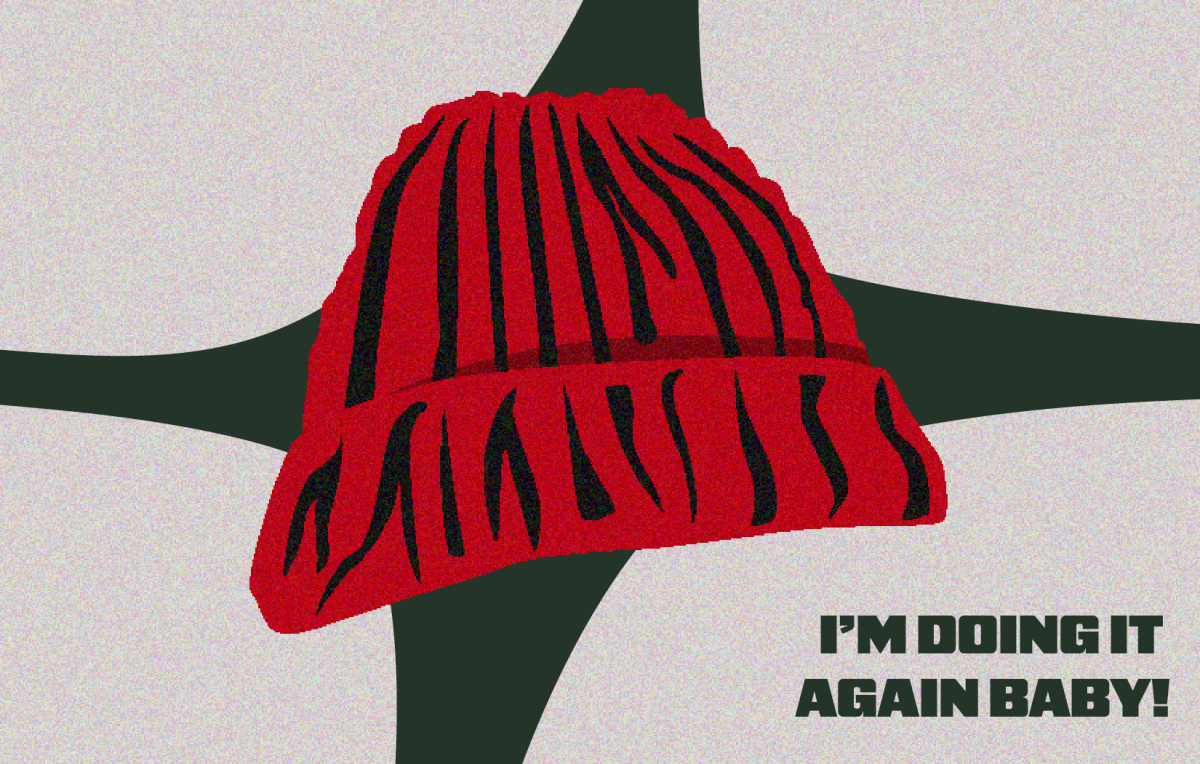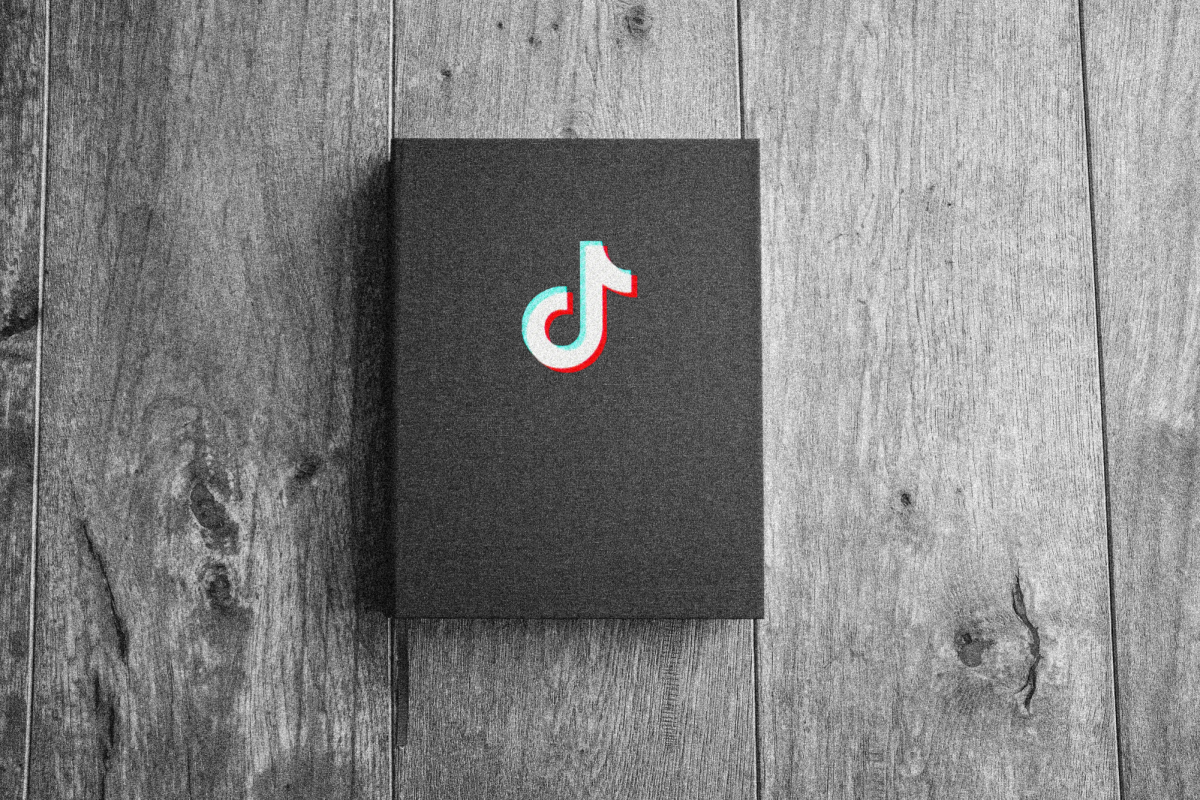One of the most important aspects of a country’s framework is the strength and integrity of its legal system. So when our legal system falls short on the promise to uphold justice, it is not only the individual being defended who is burdened with the consequence. A 2010 study from the Center for Economic and Policy Research found that felony convictions drastically increase ex-convicts’ difficulty in finding employment, costing $57 to $65 billion annually in the loss of economic output. This carries an effect on a smaller scale as well — the convicts’ families often suffer socioeconomically, perpetuating a cycle of illegal activity as a means of survival.
Some ask why it matters that felons have trouble finding a job. Others argue it’s a good thing our economy isn’t bogged down with those who have committed crimes. These arguments focus solely on the defendant and don’t think about the public defender representing them. Take Harry Miller, convicted of robbing a woman in Salt Lake while actually recovering from a stroke in New Orleans. Miller’s public defender was unable to corroborate his client’s alibi, and Miller was sent to prison for three years until another attorney was able to find evidence that he was in the hospital the night of the crime.
Although cases where the accused guilty party is proven innocent are not common, even one case should be enough to take a second look at the mediocre defense the state is providing to its inhabitants. Those who have committed a crime should be given adequate representation in the court system. First-time offenders are often sealed off from the job market as a result of poor legal representation, creating an inaccurate stigma preventing ex-cons from attaining employment.
The root of this issue doesn’t necessarily lie in the individual defending the accused, but in the lack of state funds given to this section of the courts. Public defenders are overworked because it is a field with little monetary incentive — virtually no money goes to this part of the legal system. Most public defenders have multiple cases at once, and any investigative work that needs to be done comes out of their pay cut. In New Orleans, public defenders are only able to spend an average of seven minutes on each of their cases, and 90 to 95 percent of those cases end up in a plea bargain because there is no time to build an argument to sufficiently defend a client. According to Pennsylvania County’s 2015 budget, the public defenders office was only given $2.7 million in comparison to the $5.2 million apportioned to the district attorney’s office. This is not a state-specific occurrence. Public defenders make an average of $47,500 while a corporate lawyer will make an average of $98,157 per year. The work of public defenders is no less time-consuming, difficult or engaging than that of any other lawyer, but they are given significantly less both in terms of salary and state funding.
This has become a problem across the country, and thousands more people will be sent to prison without competent representation if public defenders aren’t given the resources and time to do the job they have trained for. The short-handedness of public defenders is an injustice to the men and women who dedicate their entire careers to helping those who cannot afford representation, and also to the men and women who deserve fair representation by the state. The U.S. accounts for five percent of the world’s population but houses 25 percent of the world’s incarcerated individuals, many of whom have landed in prison with representation by public defense systems who lack the number of attorneys to meet caseload standards (73 percent). 60 percent of our country’s public defenders have no caseload limits and take on whatever they can so that every individual gets at least some sort of defense, but that is simply not enough. It is time to do public defenders justice.











